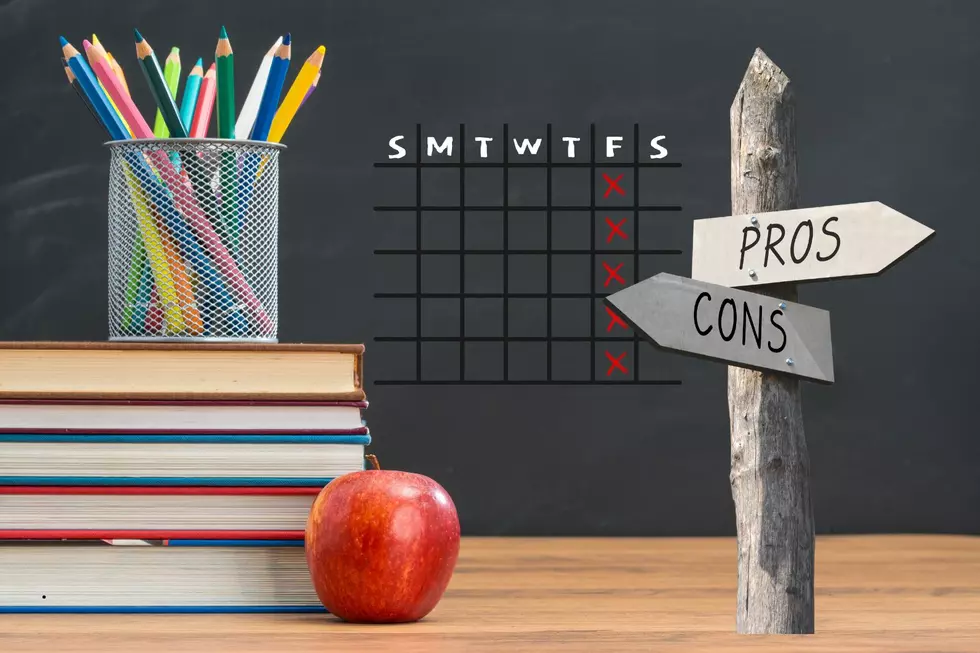
Sen. Manka Dhingra fined for ethics violation for attending abortion rights event
(The Center Square) – The Washington State Legislature’s ethics board has ordered state Sen. Manka Dhingra, D-Redmond, to pay a $250 fine for obtaining a $92 mileage reimbursement to attend an abortion rights event organized outside the state Capitol in Olympia last summer through Gov. Jay Inslee’s office.
Dhingra, a candidate for state attorney general in 2024, was among 11 Democratic state lawmakers who attended either the June 25 event or a similar one held Oct. 21 at Western Washington University in Bellingham, which was also organized through the governor’s office.
Glen Morgan of the watchdog group We the Governed filed a complaint on Oct. 24 with the Legislative Ethics Board regarding the lawmakers’ attendance, in part because of the use of public facilities and because they were all up for election in 2022. A similar complaint naming Inslee, who was not up for re-election, was submitted to the state Executive Ethics Board.
The LEB’s opinion, issued Tuesday, addressed the question of whether the “press events” as characterized by the governor’s office treaded into the realm of political rallies on public property.
Asked for comment Thursday by The Center Square, Dhingra said in an email reply, “The Governor invited me and several other key legislators to this press conference in my capacity as a State Senator, to comment on the State response to the Dobbs decision. At that time, ethics rules allowed for mileage reimbursement for official events such as this one. With the rules now changed retroactively, I will be reimbursing the Senate for mileage expenses incurred for this event.”
Inslee’s press secretary, Mike Faulk, said on Thursday that the governor’s office had not yet had a chance to review the LEB’s findings regarding the lawmakers.
Along with Dhingra, those present at one or both events and named in the LEB complaint were Sens. Emily Randall, June Robinson and Liz Lovelett and Reps. My-Linh Thai, Jessica Bateman, Debra Lekanoff, Alex Ramel, Alicia Rule, Sharon Shewmake and Vandana Slatter.
In emails sent from the governor’s office to House and Senate Democratic caucuses, both were characterized as “press events” during which Inslee and other speakers faulted the U.S. Supreme Court’s decision in the case of Dobbs v. Jackson Women’s Health Organization, which overturned two landmark abortion- rights rulings in Roe v. Wade and Planned Parenthood v. Casey.
During his comments, Inslee characterized the high court’s majority ruling as a “radical un-American decision” stemming from “Republican-appointed” judges, GOP senators, and the Republican party wanting to strip away reproductive rights for women.
Members of the press were invited to both events, which were live-streamed on TVW, Washington’s public affairs network. Inslee and Democratic lawmakers also spoke about agency and legislative efforts to protect persons seeking and providing abortions.
In Tuesday’s decision, the ethics panel noted that several Democratic lawmakers “arguably impugned the character of Republicans related to abortion access” even though no specific elected official was named.
Separated for review for each event, two complaints were considered by the LEB at regular meetings last November and December and this year in February, March, May and lastly on June 12.
The nine-member panel includes five citizen appointees, including chair Tom Hoemann, and four state lawmakers: Sen. Jamie Pederson and Rep. David Hackney, both Democrats, and Sen. Chris Gildon and Rep. Mike Steele, both Republicans.
During interviews with the board, legislators attending the two events all said they appeared in their official capacities and did not use legislative staff to assist in writing their remarks or preparing for the events. According to the LEB, none of them submitted an “Election Year Activity” form for approval before speaking at the events.
Both Robinson and Dhingra sought and received mileage reimbursement: Robinson for the Oct. 21 event; Dhingra for both the June 25 and Oct. 21 events. The reimbursements were paid from their Senate office expense accounts.
The board only considered Dhingra’s June 25 reimbursement to be a violation.
Although each of the legislators was running for re-election in 2022 at the time of the June event, none who spoke mentioned that. The October event occurred 17 days before the Nov. 8 general election and during an 18-day period when voters could begin returning ballots. Access to reproductive health care was a major issue in the 2022 general election.
In its opinion, the LEB ultimately concluded that comments made during the June 25 event by Dhingra, Randall, and Shewmake could be viewed “as telling people how to vote.” But only Dhingra was considered in violation of “an indirect use of legislative resources” because she sought and received a $92 reimbursement for mileage. Randall and Shewmake did not make such a request.
Last Friday, Dhingra stipulated to the finding and agreed to pay the $250 fine and mileage cost. There is a 45-day deadline from the time an opinion is issued to make such payments.
The pertinent law, Revised Code of Washington 42.52.180, says no state officer or employee may use or authorize the use of an agency, directly or indirectly, for the purpose of assisting a campaign for election of a person to office or for the promotion or opposition to a ballot proposition. Facilities of an agency can include equipment, use of state employees during work hours, vehicles, office space, and publications.
“It is important to note that the Board enforces the Act with a zero-tolerance view toward campaign-related activities with the use of public resources even if there has been no actual assistance toward the campaign,” the LEB order stated.
But the board also noted a conundrum: that it had never before considered a complaint based on “a legislator’s use of another public agency’s resources for campaign purposes when the legislator had no control over the resources.”
That alluded to the events being organized through the governor’s office, not by the lawmakers themselves. The LEB said its decision was complicated by a separate decision of the Executive Ethics Board that Inslee was not in violation of the law.
“While the EEB took a more lenient approach to (the state law) than this Board has historically done, we will continue to take a more conservative approach,” the LEB order stated.
And in the future, the board indicated, legislators and others working at their direction are expected to inquire first about the use of public resources by another state agency – something that was not clear under prior board decisions.
Factors considered for potential legislative ethics violations for campaign purposes during an “election restriction period” include triggering circumstances (such as an emergency or natural disaster), a personal connection to an event, timeliness, proximity to an election, relevance to legitimate legislative issues, source of the initial statement and “tone and tenor.”


